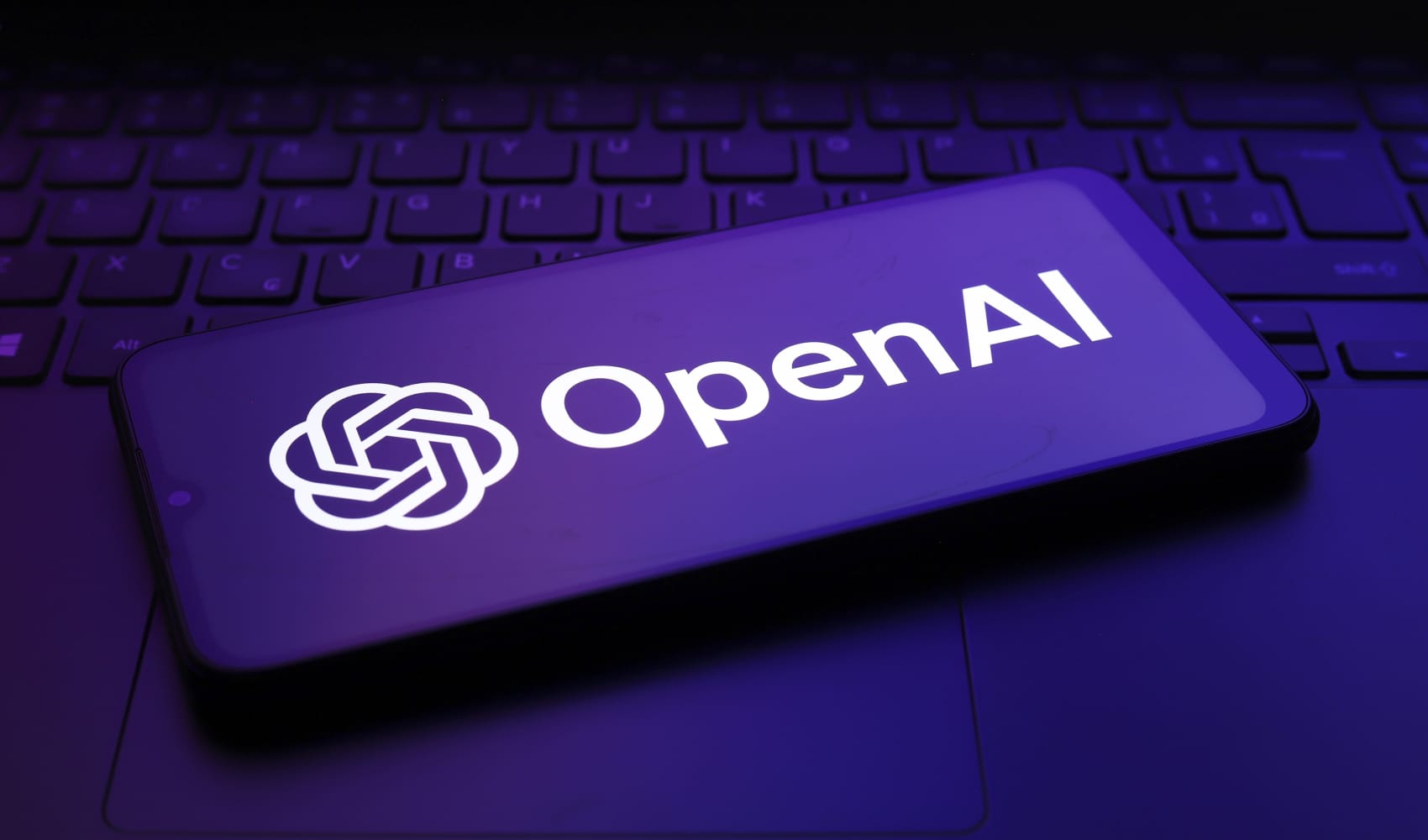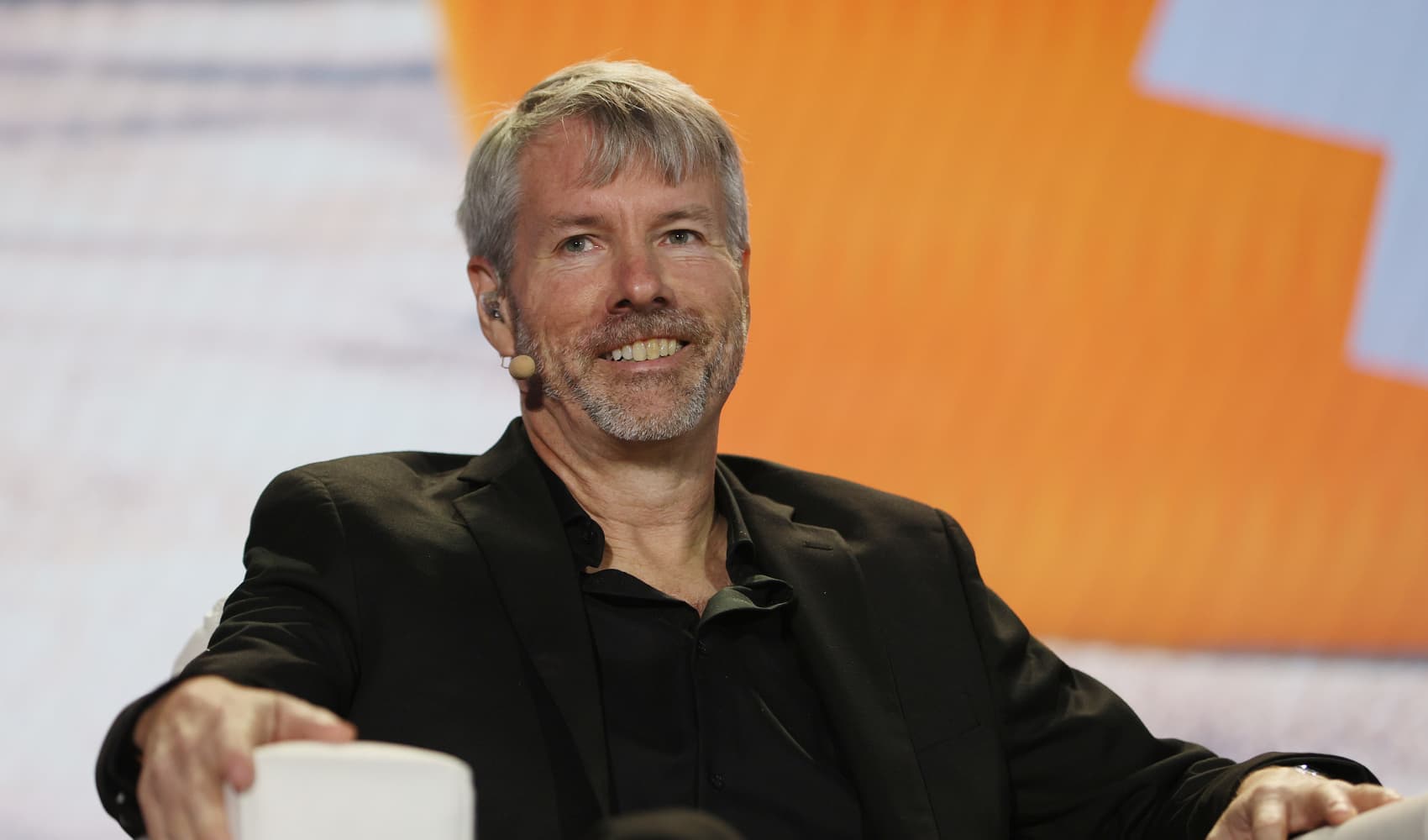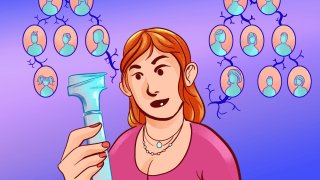
- By the time the first Disruptor 50 list was published in 2013, and 23andMe earned a spot on the list, the company had raised more than $50 million from investors.
- As of last September, the company says, nearly 12 million people have had their DNA sequenced by 23andMe, with 80% of them opting in to research that could lead to new drug discoveries.
- It's thanks in part to 23andMe's initial disruption that the cost of genomic sequencing has fallen by 99.99% in 16 years, but 23andMe's future lies in its ability to power the drug discovery that will help it find a way to sustained profitability as the novelty of sequencing one's own DNA wears off.
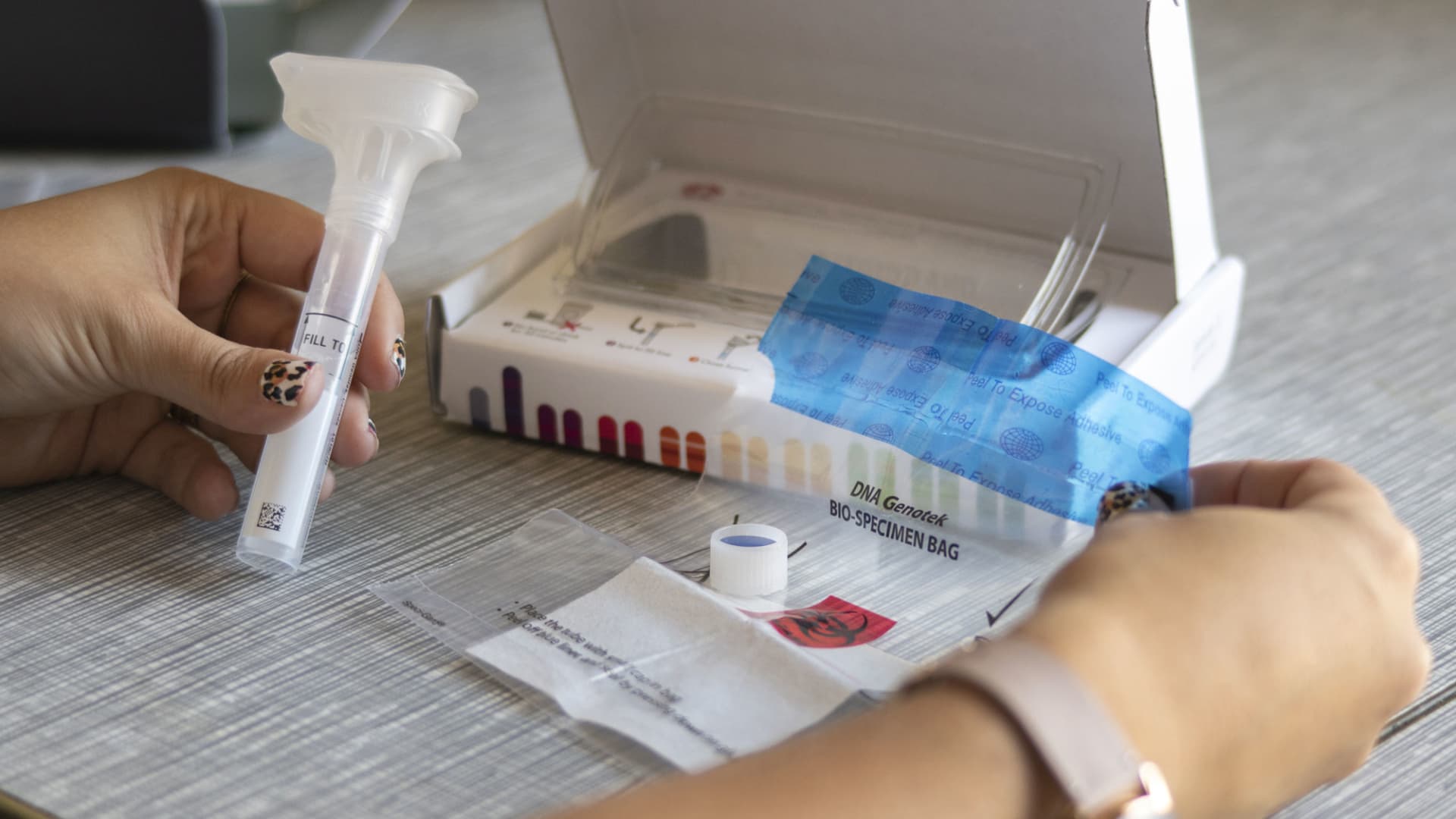
In this weekly series, CNBC takes a look at companies that made the inaugural Disruptor 50 list, 10 years later.
In 2006, the estimated cost of sequencing a single human genome was about $14 million. That same year, Anne Wojcicki, along with co-founders Linda Avey and Paul Cuszena, started a company that promised to provide direct-to-consumer genetic sequencing for as little as $99.
23andMe stands out as an example of many of the traits we've seen in the most disruptive companies over the last decade: It built a strong consumer brand that has become synonymous with a new business model (personal genetics); it fought off a regulatory challenge that threatened to sink the company in its early years; it partnered with a larger incumbent to expand its business and find a path to profitability; and it rode the wave of popularity of special purpose acquisition companies (SPACs) to reach the public markets. In all, it's a great company for our year-long look back at the inaugural Disruptor 50 list.
By the time the first Disruptor 50 list was published in 2013, and 23andMe earned a spot on the list, the company had raised more than $50 million from investors including biotech firm Genentech, venture capital firm New Enterprise Associates, and Google (Wojcicki's sister, Susan, was an early Google employee and is the CEO of YouTube, and, at the time, Anne Wojcicki was married to Google founder Sergey Brin). Consumers were finding their way to the product, showing both an interest in knowing more about their ancestry and health, and a willingness to pay for it.
Then came the regulators. The FDA stopped 23andMe from making any health-related claims in October 2013, severely slowing its growth and putting it in direct competition with other companies that were more focused on genealogy. The FDA put 23andMe through a two-year review process before finally giving its health data the green light in October 2015. That cleared the way for a period of hypergrowth.
Money Report
It also cleared the way, following a two year absence, for another appearance on the Disruptor 50 list. The new, regulator-approved 23andMe ranked fifth on the 2016 list, the first of four consecutive appearances from 2016-2019. During that time, it achieved "unicorn" status, announced a critical partnership with pharmaceutical company GlaxoSmithKline to use its genetic data to design new drugs, and the popularity of personal DNA testing soared, becoming somewhat of a cultural phenomenon. The number of people who took 23andMe's test nearly quadrupled from 2017 to 2019, thanks in part to some clever marketing efforts including a commercial voiced by billionaire investor Warren Buffett.
As of last September, the company says, nearly 12 million people have had their DNA sequenced by 23andMe, with 80% of them opting in to research that could lead to new drug discoveries and more. This is its promise as a publicly traded company. In June, 23andMe completed a merger with VG Acquisition Corp, a SPAC backed by Sir Richard Branson. It's been a bumpy road since – the stock has lost more than half its value since it began trading under the ticker symbol "ME."
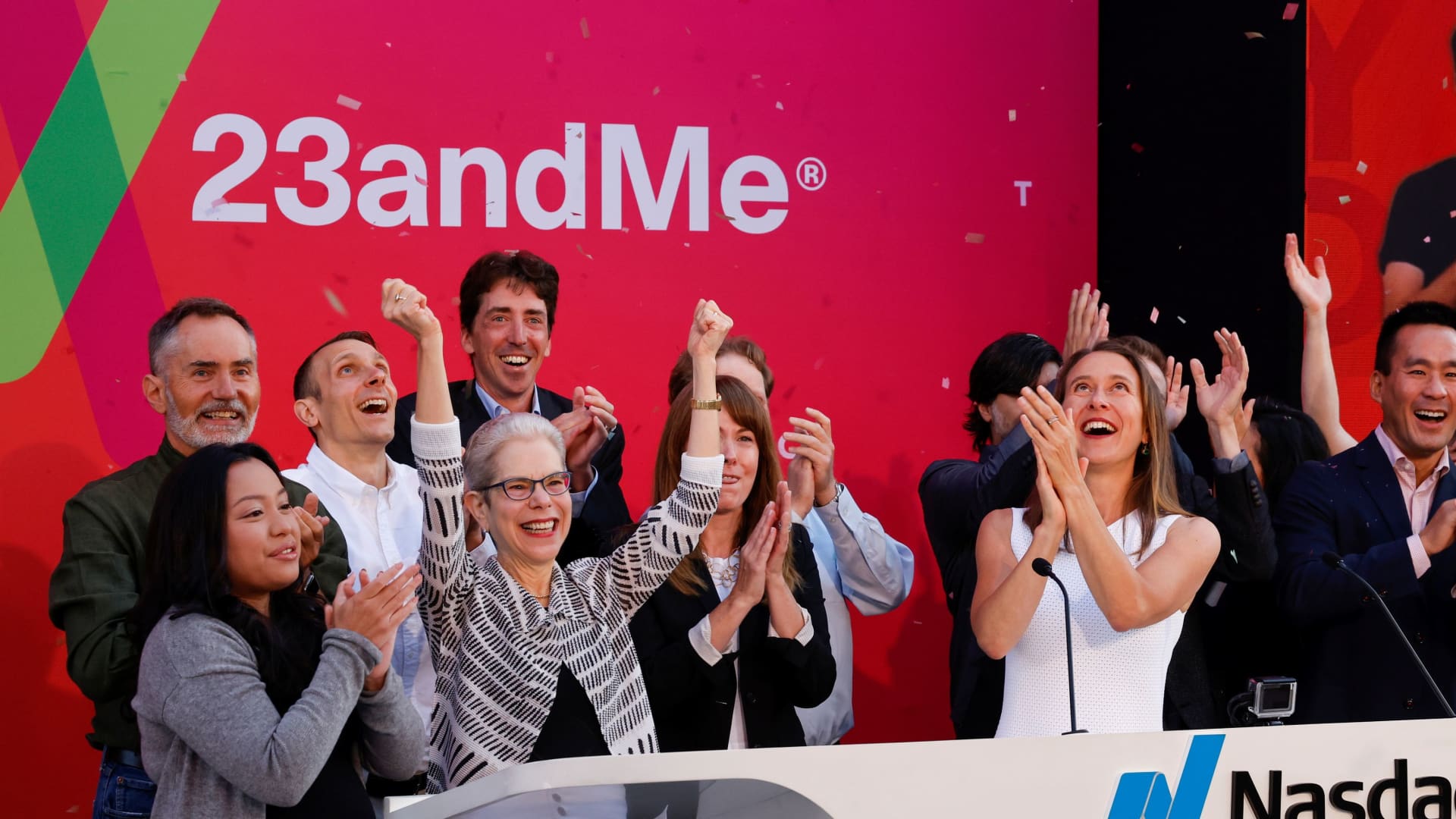
23andMe now has another thing in common with many Disruptor 50 companies – it has to convince investors to believe in the next act. It's thanks in part to 23andMe's initial disruption that the cost of genomic sequencing has fallen by 99.99% in 16 years, but 23andMe's future lies in its ability to power the drug discovery that will help it find a way to sustained profitability as the novelty of sequencing one's own DNA wears off.
The deal with GlaxoSmithKline was extended for another year, the companies announced earlier this month. GSK noted in a release that genetically validated drug targets have "at least double the probability of success" in becoming medicines.
"We want them to truly have a personalized health-care experience and ... benefit the human genome from seeing all of this aggregated data turned into therapeutic programs," Wojcicki said in a CNBC interview on the stock's first day of trading. "When I think about the future of therapeutics, in the next five years it is really about moving these programs forward and getting them into the clinic."
CNBC is now accepting nominations for the 2022 Disruptor 50 list, our annual look at private innovators using breakthrough technology to transform industries and become the next generation of great public companies. Submit your nomination by Friday, Feb. 4, at 3 pm Eastern time.


